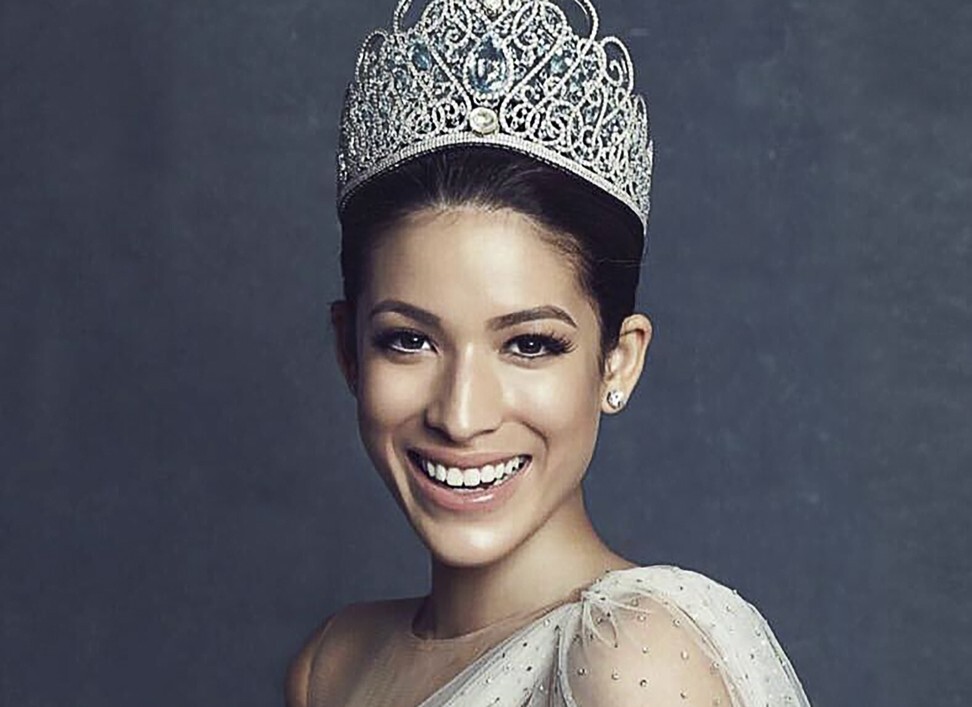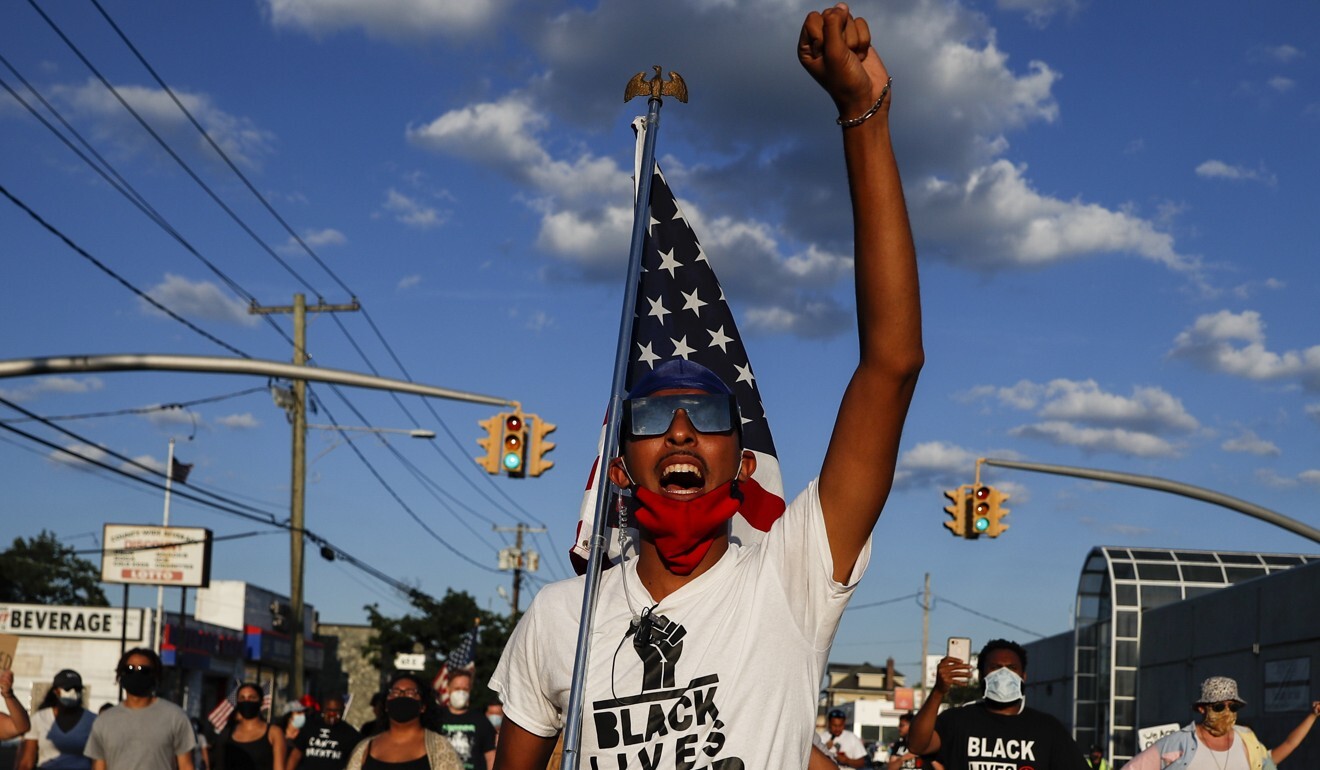
Cancel culture: how Asia’s ‘woke brigade’ became a political force
- From Malaysian beauty queens to aspiring Singaporean politicians, few are immune to the threat of being ‘cancelled’
- But what exactly is ‘cancel culture’? Some see it as a power play, others as a ‘widespread triggering of personal experiences of being bullied’
Indeed, establishment writers, thinkers and journalists have become so worried by the trend that 150 of them – including the Harry Potter author, who has come under fire for her comments on transgender people – wrote to Harper’s Bazaar magazine earlier this month, to warn of an “intolerant climate” emerging on the political left. This new way of thinking, they said, was marked by “an intolerance of opposing views, a vogue for public shaming and ostracism, and the tendency to dissolve complex policy issues in a blinding moral certainty”.

As assistant professor Walid Jumblatt Abdullah, from Nanyang Technological University’s public policy and global affairs division, puts it: “Cancelling someone is ultimately a power play: that power can be derived from institutions and formal authority, or just popular opinion.”
A GLOBAL PROBLEM
While the term “cancel culture” may have originated in the West, it has been embraced by many young Asians, who see it as a force for social change.
Secondary school student Sherine Josal, 16, for instance, points out that cancelling someone offers a way for victims of sexual assault or harassment to expose the perpetrators when traditional avenues have failed.
Cancel culture: how social media has stopped us holding rich and powerful to account
Many young Asians also see it as a way of pressuring companies they perceive to be behaving unethically.


Such cases serve to underline how even celebrities and influencers whose living depends to a large degree on social media can be blind to its pitfalls.
As Natalie Pang, a senior lecturer in communications and new media at the National University of Singapore, points out, social media has a tendency to be “mass-personal”. Conversations that “used to happen in the context of personal and private communication settings can now become publicly and widely circulated without context,” she says.
VOTE LOSER
It’s not just celebrities and writers who have come a cropper either. Politicians, too, are feeling the heat.
In Singapore, Ivan Lim had been announced as a candidate for the ruling People’s Action Party in the recent general election, but was forced to withdraw just days before Nomination Day after allegations of bullying and “elitist” behaviour surfaced online.
Another candidate in the election, Raeesah Khan (who is now, at 26, Singapore’s youngest MP) – is being investigated after police reports were lodged against her. A police statement alleged Khan had said law enforcement officers discriminated against citizens, and that compared to other groups, rich Chinese and white people were treated differently under the law. Khan later apologised for her “insensitive” remarks, saying she only wanted to highlight the concerns of ethnic minorities.
Blogger Wendy Cheng, better known as Xiaxue, took to Instagram to weigh in on the issue, labelling Khan a “radical feminist/leftist” and describing her as “poison infecting our politics”.
One benefit of this cancel culture is that we are now hearing what used to be marginalised voices and invisible bodies
And the blogger Cheng herself felt the heat, with netizens filing police reports against her for allegedly making racially offensive tweets about migrant workers in 2010 and 2011.
The hashtag #PunishXiaxue became the No 1 trending topic on Twitter in Singapore before beauty giant Fresh announced it had ended its partnership with the blogger. In an Instagram post, the company said it would “listen, learn and evolve the way we work to fight racism and inequality in all its forms”.
Kenneth Paul Tan, an associate professor from the Lee Kuan Yew School of Public Policy at the NUS, said that while cancel culture could sometimes be “disproportionate”, it was also a reflection of “widespread triggering of personal experiences of being bullied … in an elite society that pays the most attention to the winners and in a shallowly pragmatic one that does not care how the winners came to win”.
For example, he said Khan’s supporters were not simply engaging in “tit-for-tat behaviour, but a means of drawing attention to the unfairness that opposition parties and politicians have to put up with”.
WHERE NEXT?
Walid from NTU warned the effect of the growing cancel culture trend could be discouraging open debate and causing public figures including politicians to self-censor.
He said: “With Ivan and Raeesah, we should really ask questions about what standards do we want to set for future candidates: do we want candidates to sanitise their past – which is what is likely to happen now – and delete all their previous posts and present a fake version of themselves to the public?”
Singapore influencer Xiaxue under fire for accusing politician of stirring up ‘racist sentiments’
What most experts agreed on was that cancel culture was here to stay. Pang advised against dismissing the topic as an import from the West and urged greater examination of the underlying issues.
“One benefit of this cancel culture is that we are now hearing what used to be marginalised voices and invisible bodies … So it is beneficial that discourse is no longer mainly dominated by people in positions of power and privilege,” she said.

